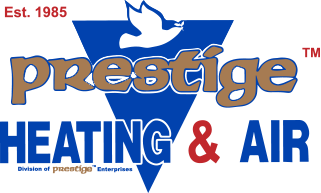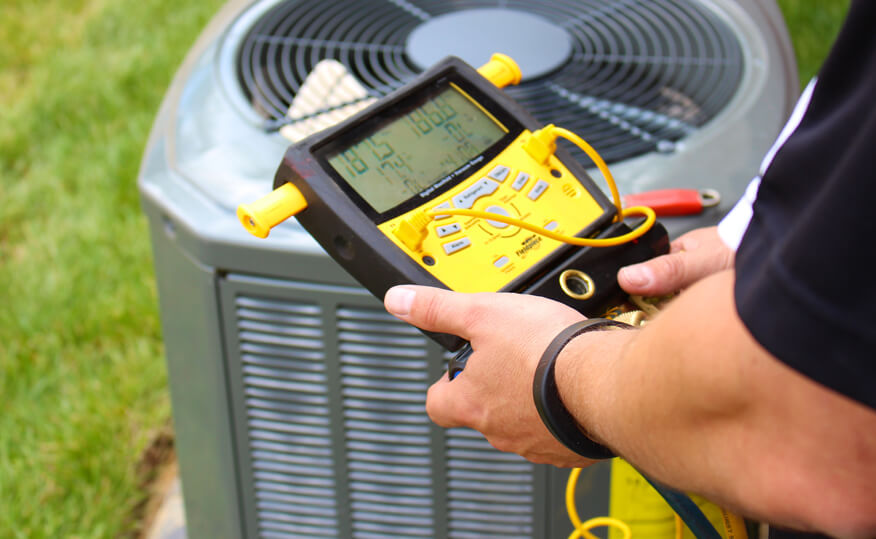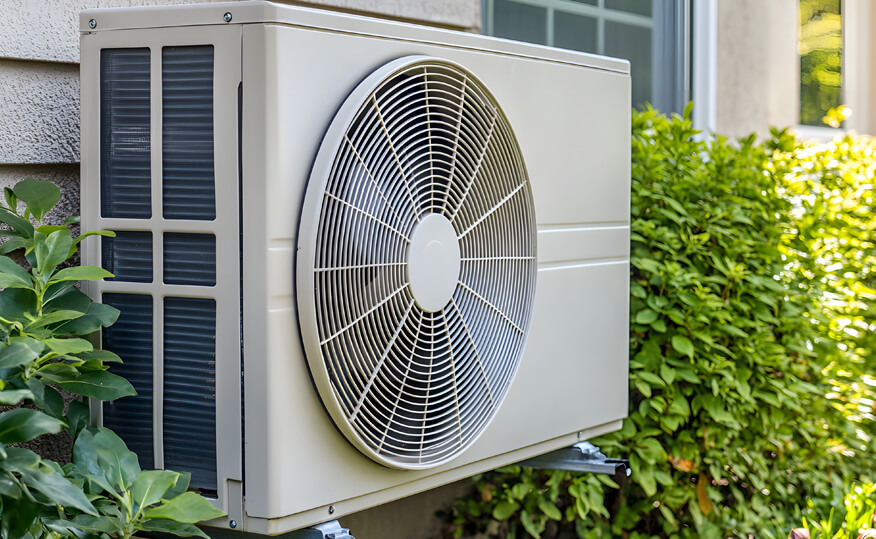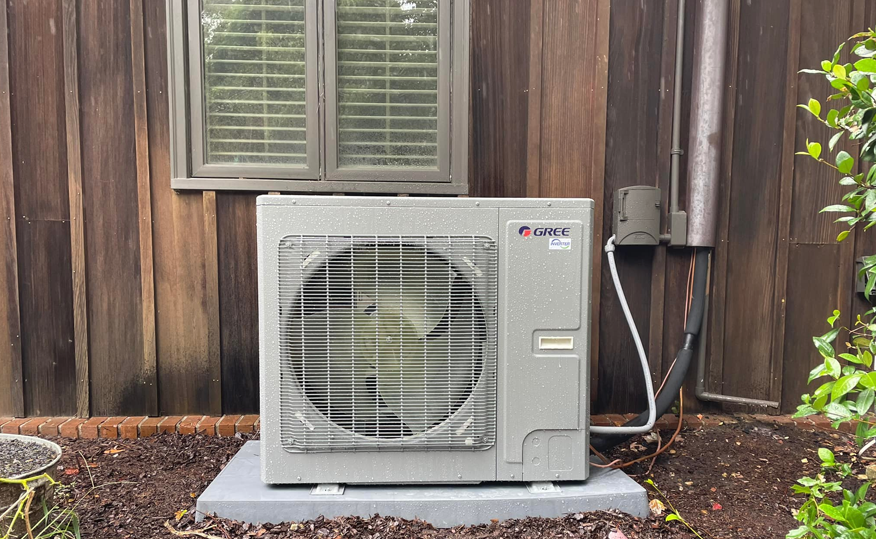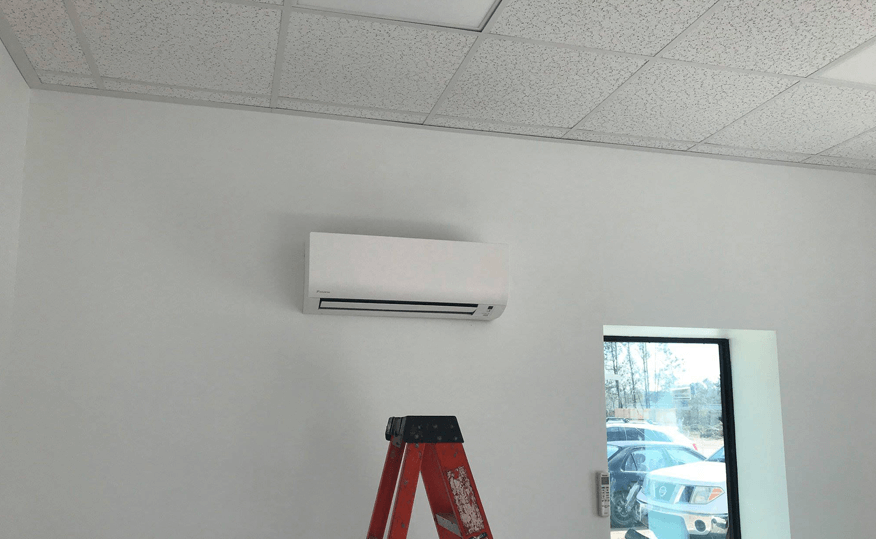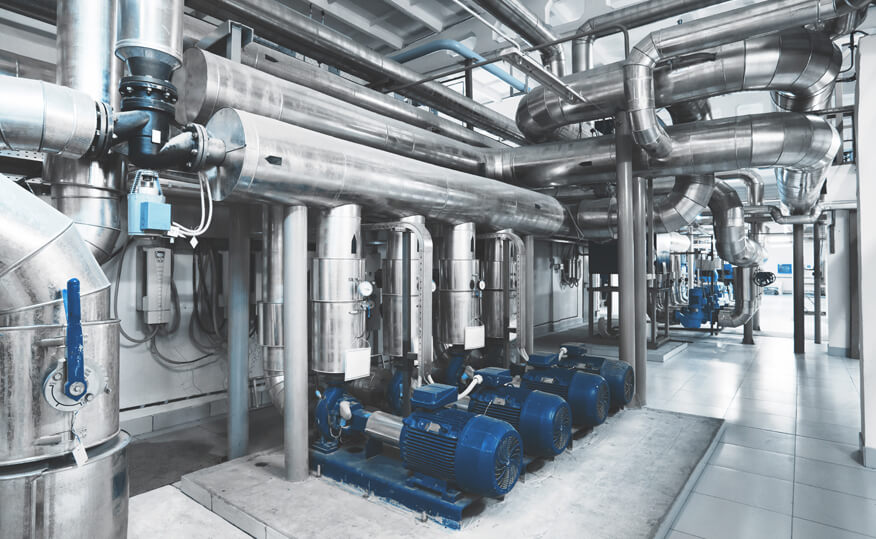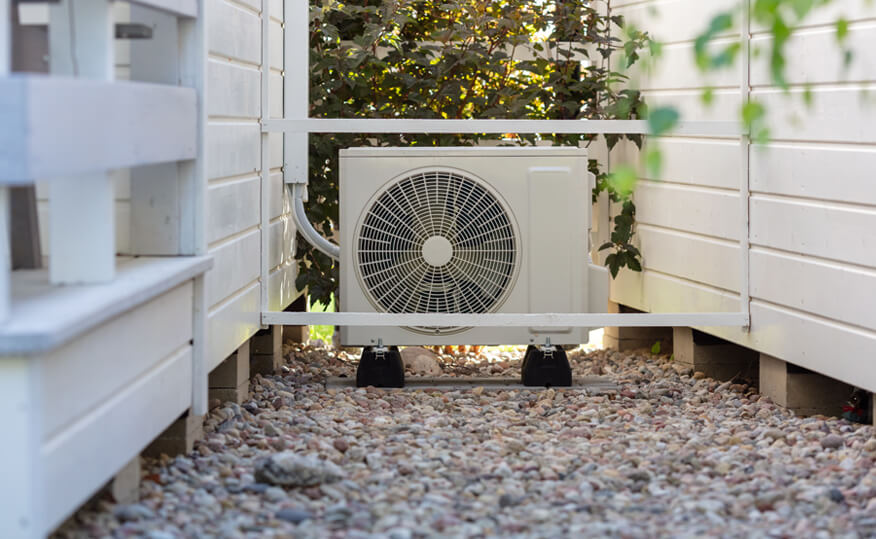You might not think much about your HVAC filter, but contrary to what you might think, it’s a big deal. The filter in your HVAC system does more than just block dust—if you choose the right one, it can make your air cleaner, your system run smoother, and your energy bills lower.
In this blog, we’ll break it down and explain why you should care about the filter you pick for your home or business’s heating and air conditioning system.
Why HVAC Filters are Vital
Your HVAC system works hard to keep you comfortable, whether it’s summer or winter. But it also has to deal with a lot of dirt, dust, pollen, and other junk that floats through the air. That’s where your filter comes in. An efficient filter traps everything to keep your air clean and your system running smoothly. If you pick the wrong filter—or forget to change it—your system could be working overtime, your air quality might suffer, and your bills could increase.
Why a Good Filter is Worth It
- Cleaner Air, Better Breathing: A good filter is like a shield for your lungs. It traps all the dust, pet hair, pollen, and other allergens that can make the air in your home feel gross. If you have allergies or asthma or want to breathe easier, the right filter makes a difference. You’ll notice it in your comfort and your health.
- Your HVAC System Will Thank You: When you use the right filter, your HVAC system doesn’t have to work so hard to push air through. That means it uses less energy, which means you’ll save money on your energy bills. Plus, it keeps everything running smoothly, so you won’t have to worry about your system breaking down from overworking.
- Your HVAC System Will Last Longer: Like any machine, your HVAC system will last longer if you take care of it. Choosing the right filter and swapping it out regularly helps your system avoid wear and tear. It’s like changing your car’s oil—it might seem like a small thing, but it pays off in the long run.
- More Consistent Comfort: When your system isn’t struggling with a clogged filter, it can heat or cool your space more effectively. You won’t deal with hot or cold spots in your home, and your system won’t be constantly running to try to keep up. Your home stays comfortable, no matter what the temperature is outside.
How to Choose the Right Filter
So, how do you pick the right filter for your system? Here’s everything you need to know:
- MERV Rating (What’s That?) The MERV (Minimum Efficiency Reporting Value) rating tells how well a filter traps particles. The higher the MERV rating, the more stuff it’ll catch. Here’s a quick breakdown:
- MERV 1-4: Basic filters—suitable for standard dust and debris.
- MERV 5-8: Better for dust, mold spores, pet dander, and pollen.
- MERV 9-12: Great for people with allergies, capturing finer particles like dust mites.
- MERV 13-16: High-performance filters that catch tiny particles, perfect for people with severe allergies or respiratory issues.
Keep in mind that higher MERV ratings can restrict airflow, so don’t go too high if your system isn’t built to handle them.
- Size Matters The filter size is crucial—if it doesn’t fit right, it won’t work right. Check the size of your old filter or your HVAC system’s manual to get the correct dimensions.
- Filter Material Filters come in different materials, from basic fiberglass to more advanced pleated paper and synthetic options. Pleated filters are often the best because they have more surface area to trap particles, which means they last longer and do a better job of cleaning the air.
- Disposable vs. Reusable Most filters are disposable, and you’ll need to replace them every 1-3 months. If you want to save a little cash and help the environment, use a reusable filter. Just clean it according to the manufacturer’s instructions. But remember, reusable filters may not always be as effective as disposable ones.
What Happens if You Don’t Choose the Right Filter?
If you skip the right filter or don’t change it often enough, here’s what could go wrong:
- Clogged System: A dirty filter means your HVAC has to work harder to push air through, which can lead to system breakdowns.
- Dirty Air: If the filter isn’t working, you could breathe in more dust, allergens, and other particles.
- Higher Bills: Your system will use more energy, and you’ll see that in your monthly energy bills. No thanks!
How Often Should You Change Your Filter?
How often you change your filter depends on the type of filter and your home’s conditions. Here’s a general rule:
- Standard fiberglass filters: Change every 30 days.
- Pleated filters: Change every 60-90 days.
- High-efficiency filters (MERV 11-13): Change every 6 months (if you don’t have allergies) or every 3 months (if you do).
- Reusable filters: Clean them according to the instructions.
Trust Prestige Heating and Air Conditioning to Keep Your Charleston HVAC System in Check
Choosing the right filter isn’t just about keeping your system running smoothly—it’s about making sure your air is cleaner, your bills are lower, and your HVAC system lasts longer. Filters are small things, but they significantly impact your home’s comfort and the quality of the air you breathe.
Need help picking the right filter? Our local HVAC company has you covered. Reach out, and our HVAC services team will help you determine exactly what you need.
